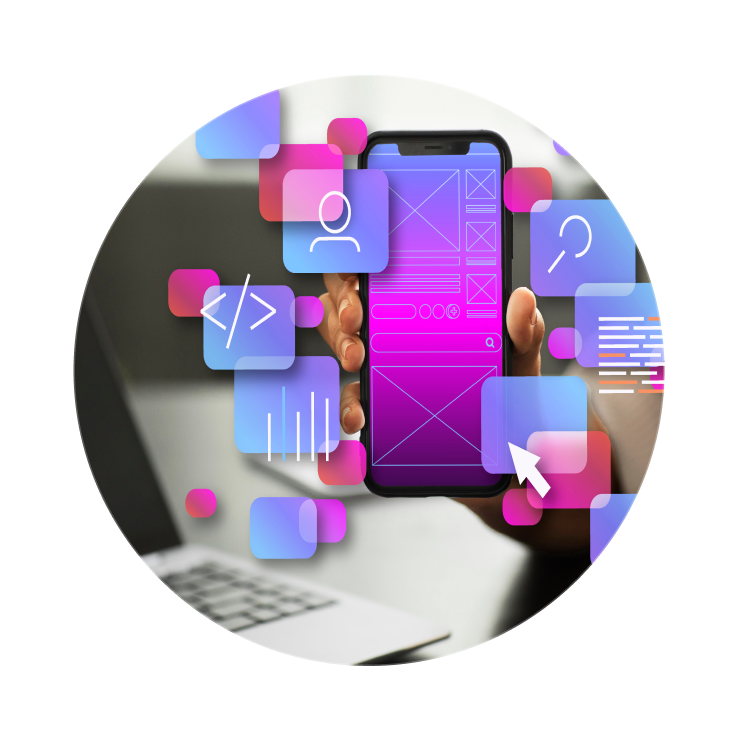Android development is one of the most rewarding career paths in tech, especially as Android apps dominate the global mobile market. If you’re interested in learning how to develop Android apps, choosing the right course can be essential to mastering the skills you need to succeed. Here’s a guide to help you find the best Android development course for beginners and understand the core components you’ll need to kickstart your journey.
1. Define Your Learning Goals
Understanding what you want to achieve can help you find a course that fits your needs:
- Build a Career as an Android Developer: Look for a course that offers an in-depth curriculum covering both basic and advanced topics.
- Create Your Own Apps: For hobbyists or entrepreneurs, a beginner-level course with a project-based approach might be perfect.
- Gain a Certification: Certifications can add credibility to your skills and improve job prospects.
2. Core Topics in a Good Android Development Course
A solid Android development course should cover essential skills such as:
- Java or Kotlin Programming: Kotlin is now the preferred language for Android, but Java is also widely used.
- Android Studio: The primary IDE for Android development, Android Studio includes all the tools needed to build, test, and debug your apps.
- UI/UX Fundamentals: Learn to design responsive and user-friendly interfaces for various screen sizes.
- Android APIs and Libraries: Courses should cover key Android libraries and APIs, including navigation, data storage, and third-party integrations.
- Project-Based Learning: Look for courses that include real-world projects to build a portfolio, such as a to-do list app, weather app, or e-commerce app.
3. Popular Platforms for Learning Android Development
- Udacity: Offers a “Kotlin for Android Developers” Nanodegree, which is endorsed by Google and includes hands-on projects.
- Coursera: Partnered with universities like Vanderbilt, Coursera offers Android specialization courses.
- Google Developers Training: Google’s own courses are available for free, covering both beginner and advanced levels.
- Udemy: Features a wide range of Android courses at different levels, with options for Java and Kotlin.
4. Self-Paced vs. Structured Learning
Self-paced courses allow you to learn at your own speed, making them flexible for those balancing other commitments. Structured courses with timelines, such as Nanodegrees, can provide more accountability and help you complete your training efficiently.
5. Certification and Career Readiness
Some platforms, like Coursera and Udacity, offer certificates for completing Android development courses. These credentials can be helpful in the job market, especially if you’re starting out as a developer. Additionally, courses with job readiness modules—like portfolio building, mock interviews, and resume support—can give you an edge.
6. Cost vs. Benefits
While there are free resources for learning Android development, investing in a paid course can provide additional support, mentorship, and credentials that can accelerate your learning. Courses on Udemy, for example, are often discounted and provide lifetime access.
Conclusion
Whether you’re aiming for a career in mobile development or just want to create your own Android apps, selecting the right course can make a big difference. Focus on learning the fundamentals, choose a course with hands-on projects, and don’t be afraid to invest in resources that can help you achieve your goals. With the right guidance and dedication, you’ll be on your way to becoming a proficient Android developer.

